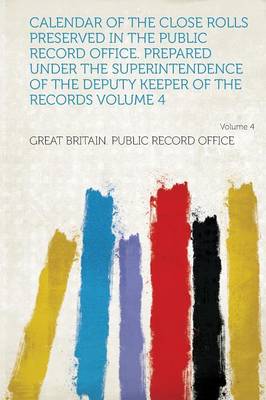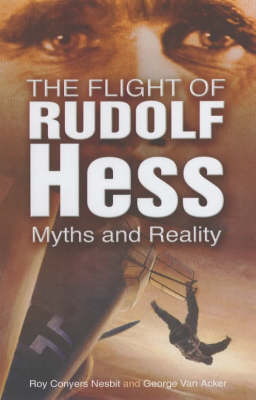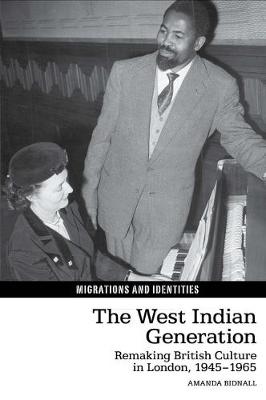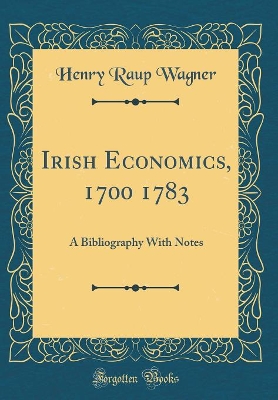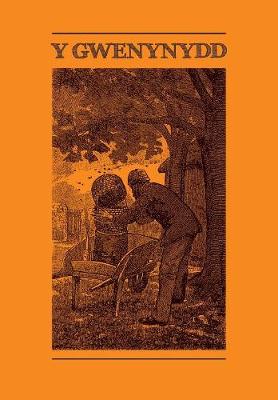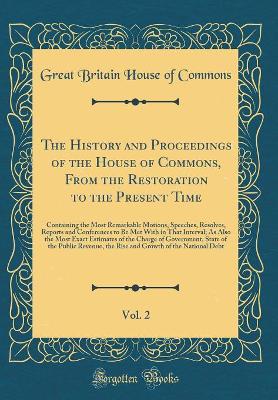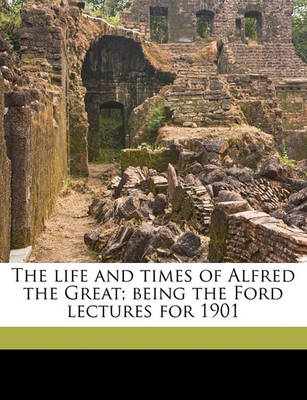This book: covers the essential content in the new specifications in a rigorous and engaging way, using detailed narrative, sources, timelines, key words, helpful activities and extension material helps develop conceptual understanding of areas such as evidence, interpretations, causation and change, through targeted activities provides assessment support for A level with sample answers, sources, practice questions and guidance to help you tackle the new-style exam questions. It...
This book: covers the essential content in the new specifications in a rigorous and engaging way, using detailed narrative, sources, timelines, key words, helpful activities and extension material helps develop conceptual understanding of areas such as evidence, interpretations, causation and change, through targeted activities provides assessment support for A level with sample answers, sources, practice questions and guidance to help you tackle the new-style exam questions. It...
During the Raj, one group stands out as having prospered and thrived because of British rule: the Parsis. Driven out of Persia into India a thousand years ago, the Zoroastrian people adopted the manners, dress, and aspirations of their British colonizers, and their Anglophilic activities ranged from cricket to Oxford to tea. The British were fulsome in their praise of the Parsis and rewarded them with high-level financial, mercantile, and bureaucratic posts. The Parsis dominated Bombay for more...
Vyvyen Brendon's evocative, at times heart-tugging book, runs from the 18th century and the East India Company, through the Afghan wars, the Indian mutiny and the more settled era of the Queen Empress, and culminates in the conflict leading to Britain's hurried exit in 1947. Its subject is the young progeny of traders, soldiers, civil servants, missionaries, planters, engineers and what should be done with them. Until the coming of air travel these children often only saw their parents every fe...
The Feudal Kingdom of England (A History of England) (History of English)
by Frank Barlow
Now in its fifth edition, this hugely successful text remains as vivid and readable as ever. Frank Barlow illuminates every aspect of the Anglo-Norman world, but the central appeal of the book continues to be its firm narrative structure. Here is a fascinating story compellingly told. At the beginning of the period he shows us an England that is still, politically and culturally, on the fringe of the classical world. By the end of John's reign, the new world that has emerged was in outlook, str...
British Fighting Methods in the Great War
This collection points out the very real and substantial evolution of tactics that went on in response to new warfare and how this had a real effect on the positive performance of the British Army from 1916 onwards.
Victorian Jews Through British Eyes (The Littman Library of Jewish Civilization)
by Anne Cowen and Roger Cowen
When Queen Victoria came to the throne in 1837, Britain was home to only 30,000 Jews and they did not yet have full political rights. By the end of the century their numbers had increased about sevenfold, and practising Jews had taken their places in both the House of Commons and the House of Lords. Victoria's reign therefore saw a tremendous change in the profile of Jews within British society. The Victorian period was also one of economic transition for British Jews. While initially in a narr...
The Escape of Charles II (History and Politics)
by Richard Lawrence Ollard
Regarded by many as one of the best stories in British history, Charles II''s escape after the battle of Worcester is retold by Richard Ollard. The account covers th e six week period during which the King was on the run. '
Behind every great man, there's a great woman; no other adage more aptly describes the relationship between Charles Babbage, the man credited with thinking up the concept of the programmable computer, and mathematician Ada Lovelace, whose contributions, according to Essinger, proved indispensable to Babbage's invention. The Analytical Engine was a series of cogwheels, gear-shafts, camshafts, and power transmission rods controlled by a punch-card system based on the Jacquard loom. Lovelace, the o...
Modern European History brings together a unique selection of documents covering the period from 1871 to 2000. The collection is organised by topic, and a clear historical context and chronological chart provide background for each section. This second edition brings the book up to date and includes such key themes in European history as: * Bismarck and Imperial Germany * the Russian Revolution * the origins and aftermath of the First and Second World Wars * Fascist Italy and Nazi Germany * The...
The History of the Borough, Castle, and Barony of Alnwick. [with Illustrations.] Vol. I - Scholar's Choice Edition
by George Tate
On 10 May 1941, Rudolf Hess - Deputy Fuhrer of the Third Reich - embarked on his astonishing flight from Augsburg to Scotland. At dusk the same day, he parachuted on to a Scottish moor and was taken into custody. His arrival provoked widespread curiosity and speculation, which has continued to this day. Why did Hess fly to Scotland? Had Hitler authorized him to attempt to negotiate peace? Was British intelligence involved? What was his state of mind at the time? Drawing on a variety of reliable...
The West Indian Generation (Migrations and Identities, #7)
by Amanda Bidnall
Between Britain's imperial victory in the Second World War and its introduction of race-based immigration restriction 'at home,' London's relationship with its burgeoning West Indian settler community was a cauldron of apprehension, optimism, ignorance, and curiosity. The West Indian Generation: Remaking British Culture in London, 1945-1965 revisits this not-quite-postcolonial moment through the careers of a unique generation of West Indian artists that included actors Earl Cameron, Edric Conno...
The History and Proceedings of the House of Commons, from the Restoration to the Present Time, Vol. 2
by Great Britain House of Commons
The Life and Times of Alfred the Great; Being the Ford Lectures for 1901
by Charles Plummer

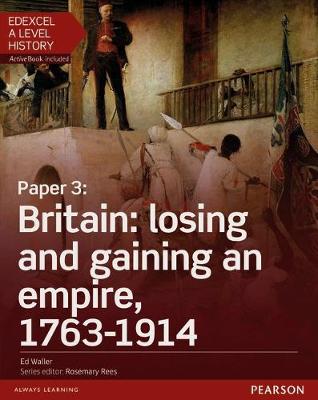

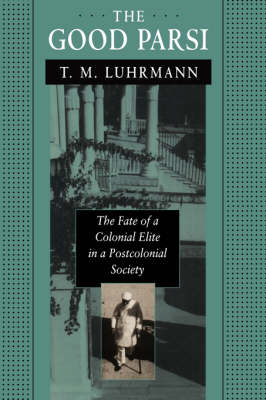
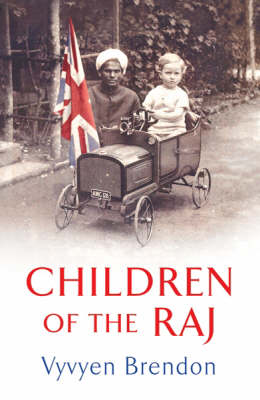




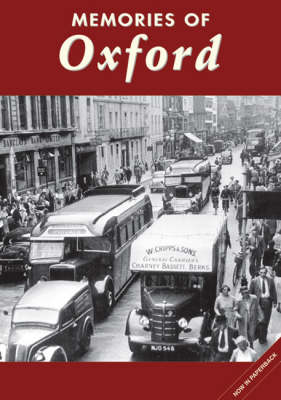
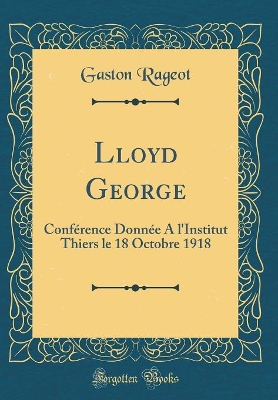
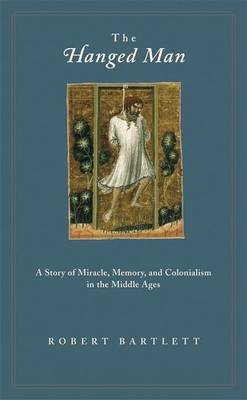
![Cover of The History of the Borough, Castle, and Barony of Alnwick. [with Illustrations.] Vol. I - Scholar's Choice Edition](https://images.bookhype.com/covers/b6/17/9584bba7-bbcc-4891-8b0b-65c3014d716b/9781296022297-3af3c3978a85b8336d66b6.jpg)
